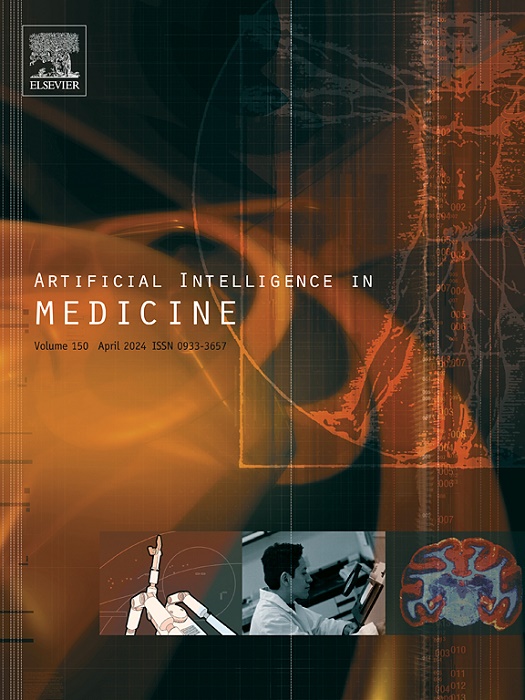生存相关基因集的大规模基因集排序
IF 6.2
2区 医学
Q1 COMPUTER SCIENCE, ARTIFICIAL INTELLIGENCE
引用次数: 0
摘要
疾病进展与分子通路中特定基因表达水平的变化密切相关。虽然基因集富集分析是一种广泛使用的识别关键疾病标志物的方法,但它在生存分析中的应用不足。在这里,我们介绍了一种新的计算方法,使基因集富集分析适应于生存分析。提出的方法考虑一个基因集,计算一个单样本基因集富集分数,并基于这个分数,将样本分成队列。然后通过评估结果组之间存活率的差异对基因组进行评分。我们的目标是找到能够导致具有显著不同生存概率的队列的基因集。利用来自癌症基因组图谱的基因表达数据和来自分子特征数据库的基因集,我们的研究结果表明,现有的实证研究一致支持我们的方法与生存预后相关的顶级基因集。所提出的方法拓宽了基因集富集分析的应用,包括生存信息,弥合了分子途径的改变及其对生存的影响之间的差距。本文章由计算机程序翻译,如有差异,请以英文原文为准。
Large scale gene set ranking for survival-related gene sets
Disease progression is closely linked to shifts in the expression levels of specific genes within molecular pathways. While gene set enrichment analysis is a widely employed method for identifying key disease markers, it has been underutilized in survival analysis. Here, we introduce a novel computational approach that adapts gene set enrichment analysis for survival analysis. The proposed approach considers a gene set, computes a single-sample gene set enrichment score, and, based on this score, splits the samples into cohorts. It then scores the gene sets by evaluating the differences in survival rates between the resulting cohorts. We aim to find gene sets that can lead to cohorts with significantly different survival probabilities. Utilizing gene expression data from The Cancer Genome Atlas and gene sets from the Molecular Signature Database, our results demonstrate that existing empirical research consistently supports the top gene sets our approach associates with survival prognosis. The proposed method broadens gene set enrichment analysis applications to include information on survival, bridging the gap between alterations in molecular pathways and their implications on survival.
求助全文
通过发布文献求助,成功后即可免费获取论文全文。
去求助
来源期刊

Artificial Intelligence in Medicine
工程技术-工程:生物医学
CiteScore
15.00
自引率
2.70%
发文量
143
审稿时长
6.3 months
期刊介绍:
Artificial Intelligence in Medicine publishes original articles from a wide variety of interdisciplinary perspectives concerning the theory and practice of artificial intelligence (AI) in medicine, medically-oriented human biology, and health care.
Artificial intelligence in medicine may be characterized as the scientific discipline pertaining to research studies, projects, and applications that aim at supporting decision-based medical tasks through knowledge- and/or data-intensive computer-based solutions that ultimately support and improve the performance of a human care provider.
 求助内容:
求助内容: 应助结果提醒方式:
应助结果提醒方式:


